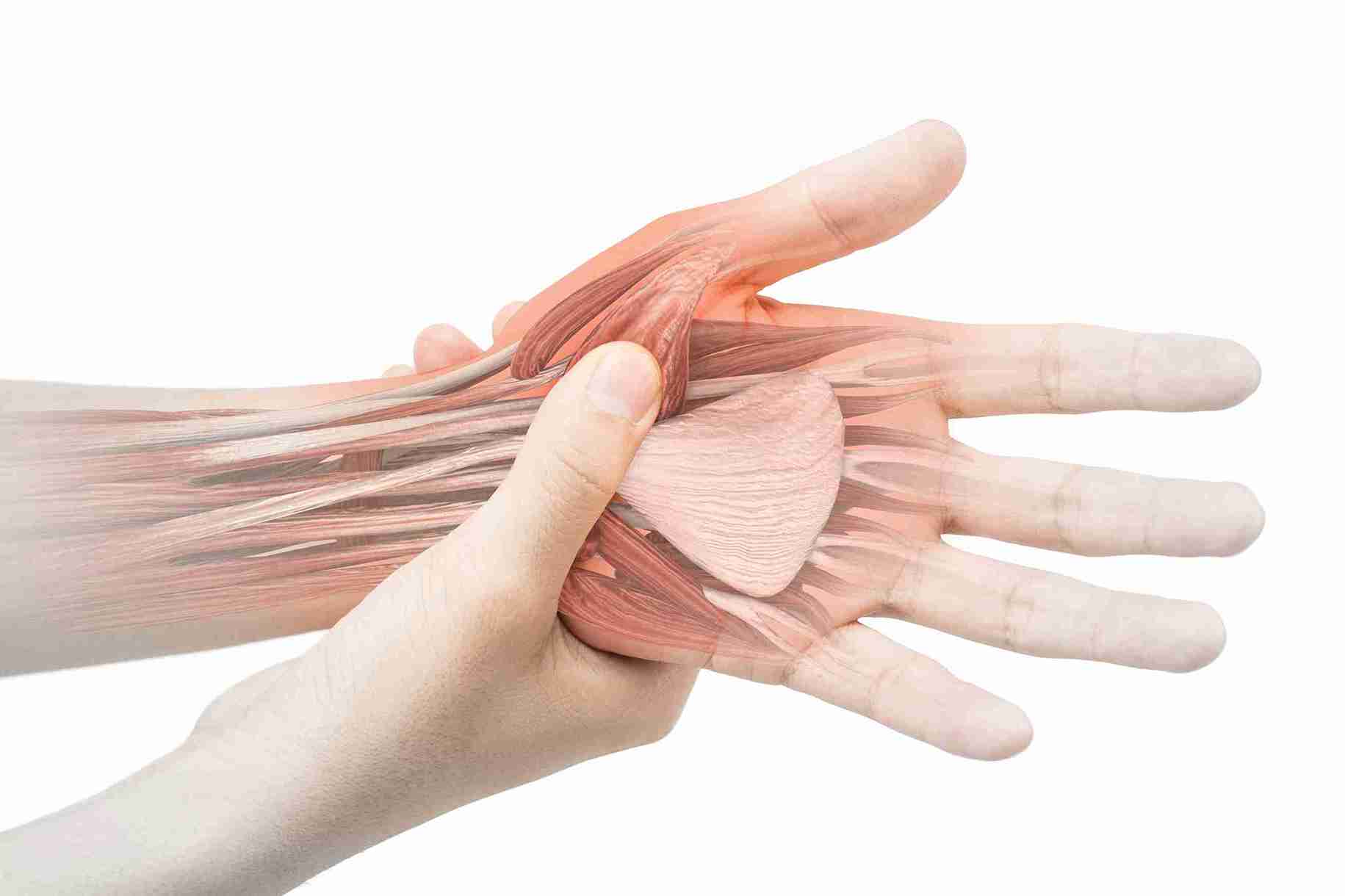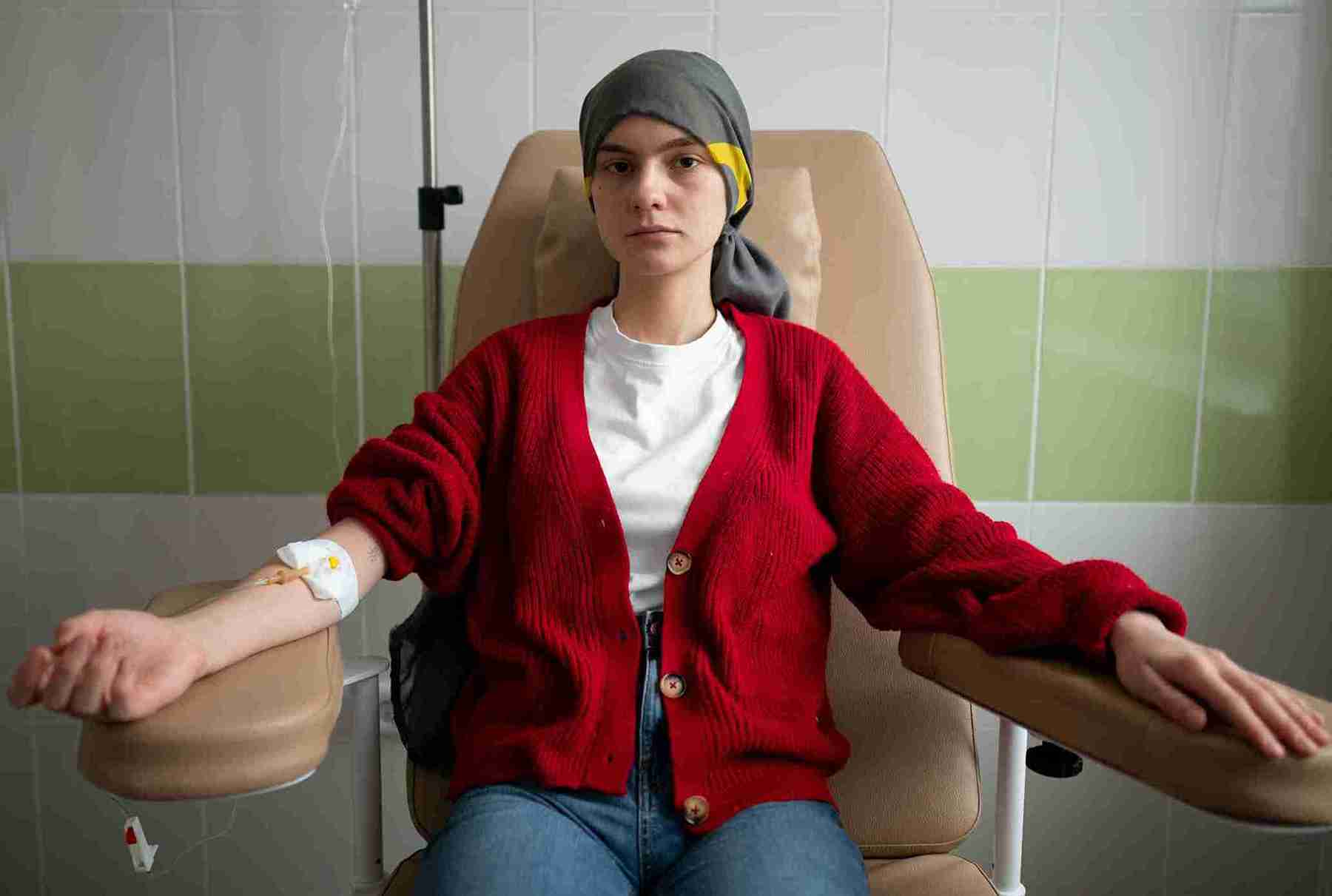
The immune system is designed to fight foreign pathogens and protect the body from different types of attacks. Sometimes, this immune system can get its signals crossed and start attacking the body instead of the foreign invader. This results in autoimmune conditions that require medical interventions as the body is not capable of handling them. Guillain-Barré syndrome is one such condition that requires immediate medical attention.

Guillain-Barré syndrome is a rare autoimmune condition where the body’s immune system starts attacking the body instead of protecting it. The immune system will start attacking the peripheral nerves, which can lead to numbness and tingling sensation in the fingers or toes. If left untreated, the attack on the peripheral nerves can increase and lead to paralysis along with muscle weakness.
The peripheral nerves are what send the signals regarding pain, sensations of touch and temperature changes and are also responsible for muscle movements. When these nerves are affected by GBS, it affects one’s movement and sensations, thus causing numbness.
Guillain-Barré syndrome can affect anyone at any age. It is very common among people in their 30s and 40s. This condition has been affecting people for many years now, but not many are aware of it due to its rarity.
Guillain-Barré syndrome is very rare in pregnancy. It is very easy to mistake the symptoms such as weakness and pain in limbs to be common pregnancy effects on the maternal body. Once the infection triggers it, GBS can evolve very quickly. Though rare, GBS should be considered if the expecting mother experiences general weakness in her limbs or a tingling sensation in her fingers along with respiratory issues.
The exact cause of GBS is still unknown. It can be triggered by a viral or bacterial infection, which can cause the body’s immune system to respond. When the body starts attacking the nerves instead of or along with the infection, it can result in GBS.
In many reported cases, the infection symptoms started occurring 6 weeks prior to Guillain-Barré syndrome. Respiratory or gastrointestinal issues, as well as Zika virus, can trigger GBS in the body.
_11zon.jpg)
Muscle pain and weakness can be easily mistaken for just fatigue or other pregnancy-related symptoms. Here are some symptoms of GBS to watch out for:
If the condition affects the autonomic nerves, it can lead to serious complications, which can even lead to total paralysis. The expecting mother will be kept in the ICU under close monitoring to handle complications like:
Respiratory Issues – When the muscles required for breathing are affected, it can lead to serious respiratory issues that can affect the oxygen supply to both mother and baby. Mechanical ventilation may be necessary to prevent adverse effects.
Blood Clots – In the case of near-total paralysis, where the patient is in bed most of the time, blood clots can develop. Immediate action is required to prevent deep vein thrombosis, which can be harmful to the pregnancy.
Feeding Difficulties – If eating and swallowing are not possible, IV fluids need to be administered to prevent dehydration and to ensure the baby is receiving all the required nutrients.
The treatment for Guillain-Barré syndrome does not change much due to pregnancy. When treating a pregnant woman with this condition, doctors have to take extra precautions such as:
Doctors will confirm a diagnosis of Guillain-Barré syndrome based on the symptoms and medical history. They will check when the symptoms started and if you have been sick recently. Next, they will perform neurological and physical tests to check the muscles.
If there is muscle weakness and the tendon reflexes are weak or absent, they will do the following tests to rule out other conditions with symptoms similar to GBS. These tests can include:

There is no single cure for Guillain-Barré syndrome. The treatment usually depends on the symptoms and how severe the condition is. If it has affected the muscles, then physical therapy to reduce the severity of the condition will be part of the treatment plan in addition to the main treatment.
The main treatment of Guillain-Barré syndrome will be one of the following. Starting one of these treatments within 2 weeks of developing symptoms of GBS can help reduce the recovery time.
Plasmapheresis – This is a plasma exchange where the plasma from the blood is extracted, treated and injected back into the body along with the blood. This exchange will help filter out the antibodies attacking the nervous system.
IVIG - Intravenous immunoglobulin therapy helps reduce the immune system’s attack on the nerves by injecting immunoglobulins – a protein made in the immune system naturally, to attack foreign invaders.
Once the impact of the infection decreases and the doctors see an improvement, they may suggest rehabilitation with physical therapists to regain muscle control and movements. The following therapies may be required to help the expecting mother resume her daily activities:
Physical Therapy – To relearn how to walk, move comfortably, regain muscle strength and also manage symptoms like pain, stiffness or discomfort.
Occupational Therapy – To learn how to stand, move, sit or use various tools and items to carry on with daily activities. This therapy aims to improve one’s ability to do daily tasks after the treatments.
Speech Therapy – For those whose vocal muscles were affected, a speech-language pathologist will help them regain basic skills like swallowing, speaking, chewing, etc.
After treatment, some may need mobility aids like a wheelchair, walkers, braces or a cane to help them balance, improve mobility and prevent falls. It can also reduce the strain and fatigue.
Guillain-Barré syndrome, when diagnosed and treated at the earliest, may not leave any lasting impact on the patient. However, ignoring symptoms and waiting for the condition to get worse until you see a doctor is not a risk worth taking in pregnancy. It can impact both mother and baby. If you notice any symptoms, consult your doctor as soon as possible.


Guillain-Barré syndrome in pregnancy can cause serious complications due to muscle weakness. If not identified and treated in time, it can even lead to complications like respiratory issues, which can be life-threatening for both mother and baby. If treated in time, the pregnancy outcome can be good for both mother and baby.

It is advisable to consult your gynaecologist and a neurologist to rule out any possible complications in pregnancy after Guillain–Barre syndrome. If symptoms are recurrent, close monitoring of the pregnancy can prevent unnecessary complications.

The standard treatment for Guillain-Barré syndrome for both pregnant and non-pregnant women is very similar. It involves the use of intravenous immunoglobulin (IVIG) or plasmapheresis. Early diagnosis and starting treatment at the earliest can help reduce the risks and complications associated with GBS.
